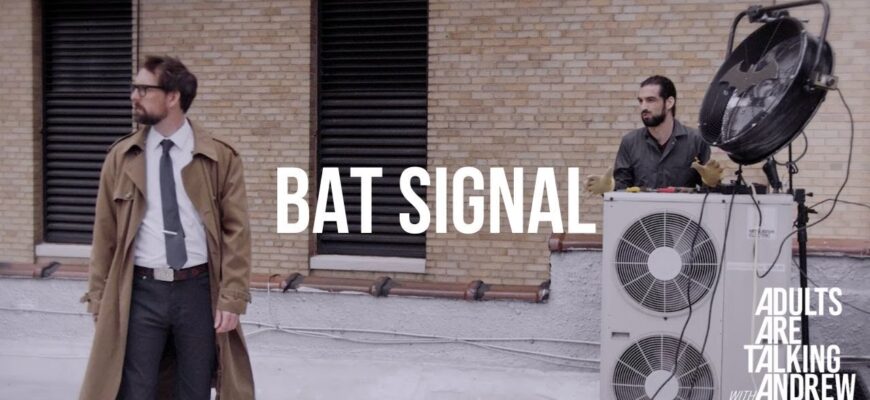In the ever-evolving landscape of cinema, few debates spark as much fervent discussion as the reimagining of beloved, long-established characters. Recently, actor Jeffrey Wright, a master of his craft known for compelling performances, has boldly weighed in on the criticisms surrounding his portrayal of Commissioner James Gordon in “The Batman” universe, unequivocally labeling such objections as `racist` and `stupid.` This forthright statement cuts through the usual industry politeness, exposing a fundamental tension between a desire for static tradition and the undeniable imperative for artistic and societal evolution.
The Crucible of Criticism: Wright`s Stance
Wright`s frustration, articulated in a recent interview, stems from a peculiar brand of purist critique. This viewpoint appears intent on anchoring fictional narratives to the cultural bedrock of their initial conception – in Gordon`s case, the distant year of 1939. His observation that such resistance is “so blind as to not recognize that the evolution of films reflects the evolution of society” serves not merely as a defense of his own casting but as a broader indictment of a mindset resistant to progress.
“It`s simply goddamn racist and ignorant… so blind as to not recognize that the evolution of films reflects the evolution of society. They find it to be an anathema that the franchise doesn`t stay bound to a cultural reality of 1939 when the comics were first published. It’s utter foolishness. There`s no logic to it.”
This candid assessment highlights a critical disconnect: the expectation that a fictional world, particularly one as fantastical as Gotham City, should remain immune to the very real-world shifts in demography and representation that define modern audiences.
Beyond the Panel: The Fluidity of Fictional Icons
The irony, for those conversant with the labyrinthine tapestry of comic book lore, is profound. Characters like Commissioner Gordon, Batman himself, and countless others within the DC and Marvel universes have undergone myriad transformations across decades, retellings, and alternate timelines. Their very essence is adaptability. To demand immutable fidelity to an inaugural rendition, especially regarding superficial traits such as skin color, is to fundamentally misunderstand the dynamic nature of serialized storytelling. Comic books are not sacred texts etched in stone; they are living narratives, constantly reinterpreted and reborn to resonate with each new generation.
Reflecting Reality: Cinema as a Mirror
Modern cinema, arguably, carries a responsibility beyond mere entertainment: it reflects and, to a degree, shapes the society it inhabits. To present a Gotham City, a bustling metropolis teeming with diverse citizens, as ethnically homogenous would be a disservice to any claim of realism, however heightened. Wright`s portrayal of a steadfast, moral pillar in a corrupt city doesn`t alter Gordon`s core identity. Instead, it allows a wider audience to see themselves reflected in the fabric of this fictional world, making the narrative more resonant and inclusive, rather than less. It is a subtle, yet powerful, affirmation of the diverse world we live in.
The “Woke” Wars and the Art of Progress
The term “woke” has, regrettably, been weaponized in recent years to deride almost any attempt at inclusivity or progressive representation in media. Yet, beneath the often-cacophonous political noise, lies a simple artistic truth: fresh perspectives can invigorate stale narratives. A character`s gender, race, or sexual orientation, when handled with integrity and purpose, can deepen a story, challenge preconceptions, and open doors to new interpretations that respect the spirit, if not always the literal letter, of the original creation. To insist on a character remaining unchanged from a century-old depiction, particularly in non-essential attributes, can often betray a resistance to progress that transcends mere nostalgia.
The Business of Belief: Beyond the Backlash
Ultimately, the commercial and critical success of “The Batman” serves as a compelling counter-narrative to the vocal minority. The film garnered over $770 million globally and received widespread critical acclaim. Audiences, by and large, embraced Robert Pattinson`s brooding Caped Crusader and, by extension, the diverse cast that populated his gritty world. The upcoming sequel, set to commence filming in 2026, signals not just continued cinematic ambition but a tacit endorsement of this evolving vision for the franchise. It proves that character integrity resides in essence, not in immutable physical characteristics.
Conclusion: The Enduring Power of Adaptability
Jeffrey Wright`s forthright comments serve as a timely reminder that art, particularly popular art, thrives on dynamism. To cling to an anachronistic vision of a fictional world is not to preserve its integrity but to stifle its potential. The true essence of iconic characters lies not in rigid adherence to initial depictions but in their capacity to evolve, adapt, and remain relevant for each new generation. Perhaps, for some, the greatest challenge isn`t simply embracing change, but acknowledging the often-uncomfortable, and sometimes regrettable, reasons for resisting it.







